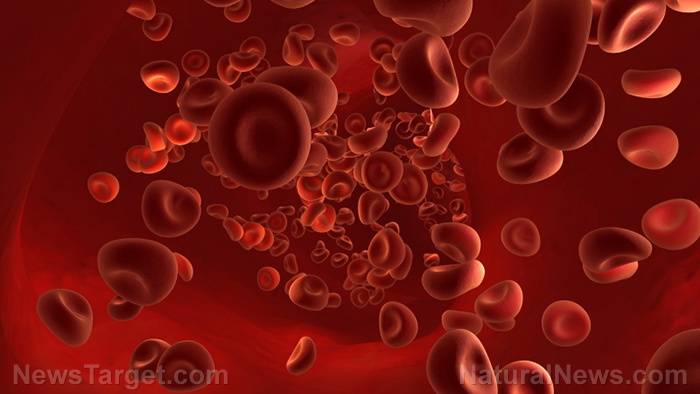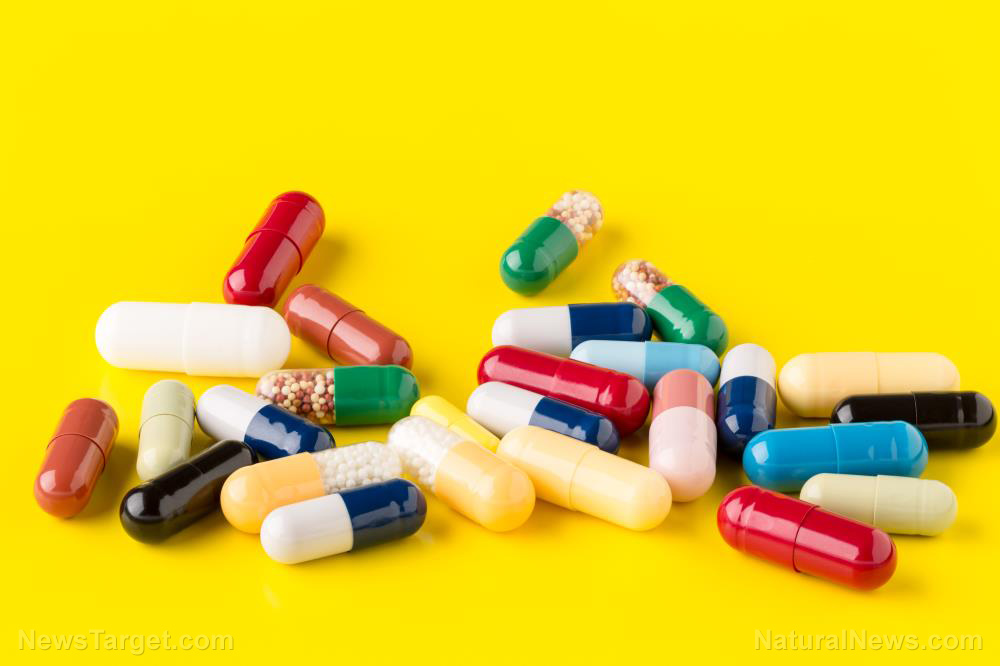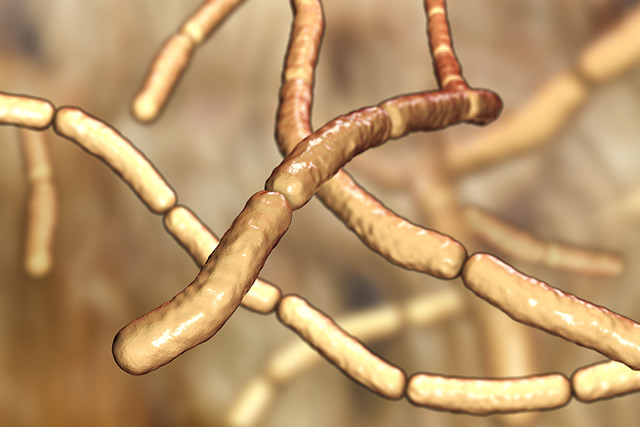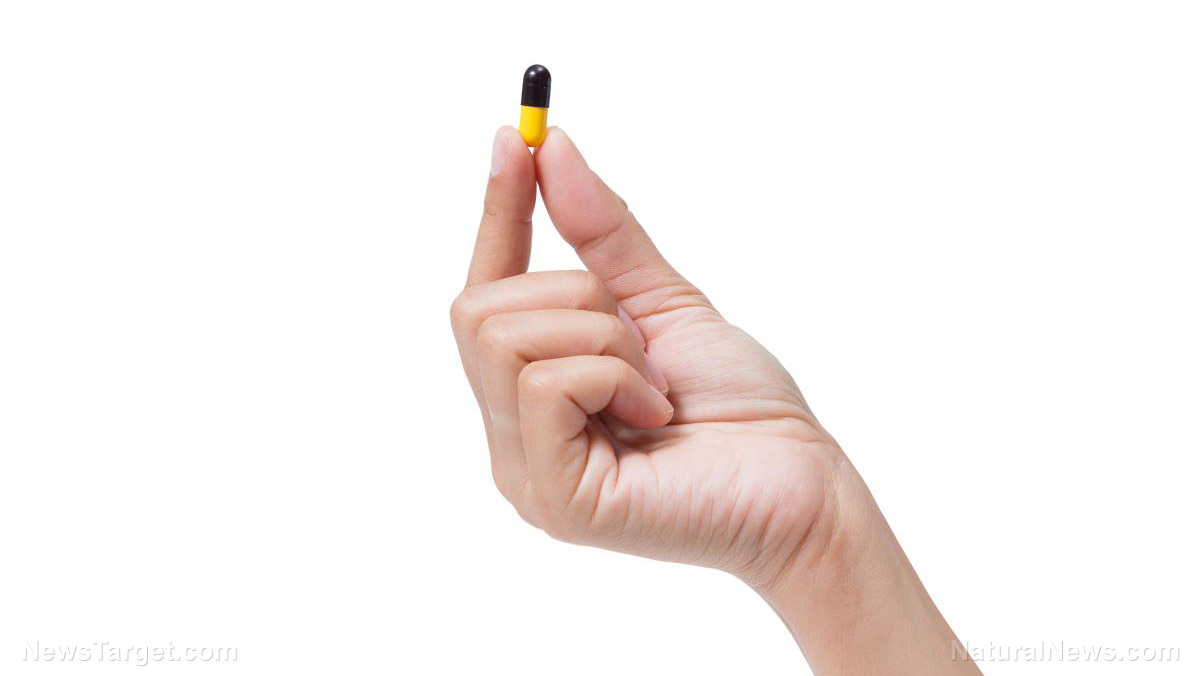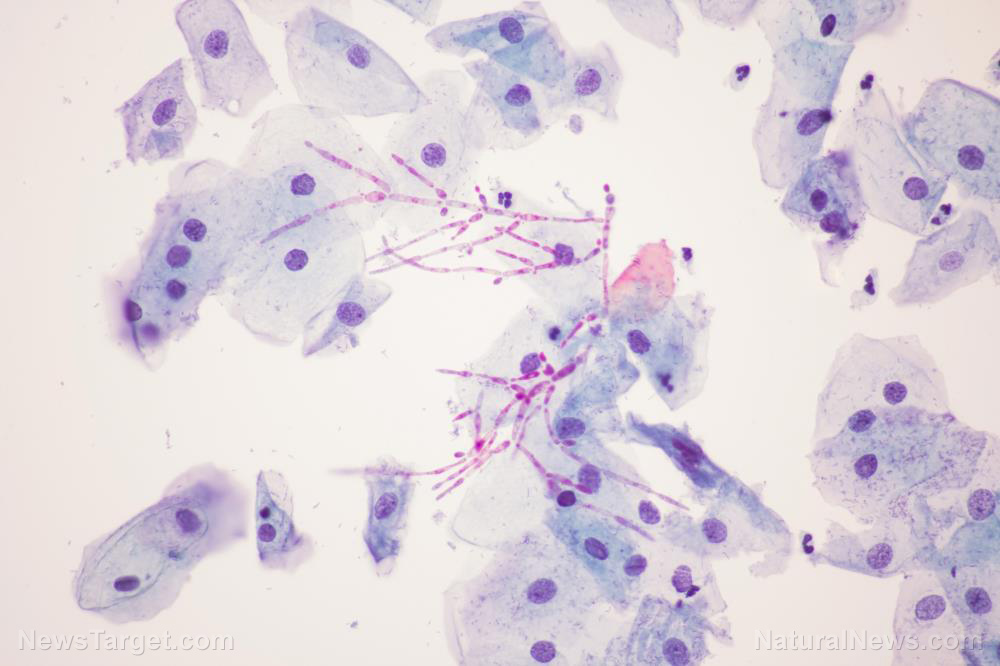Probiotics for baby: Infants lacking in good gut bacteria are more susceptible to bad bacteria
05/03/2018 / By Michelle Simmons

Infants who lack good gut bacteria are more susceptible to bad bacteria, according to a review of studies. The review, published in the journal mSphere, found that the lack of the good bacteria in infants caused changes in the pH level of their feces.
In the review of studies, researchers at the University of California, Davis (UCD) analyzed 14 clinical studies conducted over almost 100 years, from 1926 to 2017. The studies represented more than 312 healthy breastfed infants. As they reviewed the studies, they found that the acidity level of feces of infants in the U.S. increased. The pH level of infant feces in the mid-1920s was mildly acidic at approximately 5.0. By 2017, the fecal pH increased to 6.5. The researchers noted that even though a pH of 6.5 is still marginally acidic, it created an environment that allowed bad bacteria, such as Escherichia coli and Clostridia to thrive in the gut of the babies.
Moreover, the change in pH levels is accompanied by a great reduction in the number of the good bacteria Bifidobacterium. According to the researchers, the alterations in microbiome composition are largely characteristic of developed countries. In contrast, babies in resource-poor nations tended to retain greater levels of Bifidobacterium and lower pH.
“This steady increase in the faecal pH of infants over the past several generations has largely gone unnoticed by the medical community, but looks to be an indication of a major disruption of the infant gut,” explained David Kyle, the chief scientific officer and executive chairman of Evolve Biosystems.
Kyle added that this may contribute to the prevalence of allergic and autoimmune disorders. The researchers suggested three primary factors that most likely caused the change in microbiome composition. These include: The decline in breastfeeding and rise in use of formula milk; the increased frequency of cesarean section delivery, which restrained the transfer of Bifidobacterium from mother to infant; and the increased use of antibiotics. (Related: Did you have a C-section or take antibiotics while pregnant? Give babies probiotics to avoid diseases like asthma, diabetes.)
“As a result, certain pathogenic bacteria – those linked to higher risk of health issues such as colic, eczema, allergies, diabetes, and obesity thrive,” said Jennifer Smilowitz, co-author of the study and associate director of the Human Studies Research Program for the Foods for Health Institute at UCD.
Supplementation of probiotics in infants
An earlier study, also funded by Evolve Biosystems, suggested that supplementation of a probiotic that contains a proprietary strain of B. infantis restored good bacteria, reduced bad bacteria, and lowered fecal pH in infants.
In this study, one-week old babies were given the proprietary EVC001 strain of B. infantis for three weeks. Results showed that even though the supplementation was completed, the bacteria remained in the gut of the infants for 30 more days. Moreover, the supplementation caused reductions in the fecal pH levels of the infants and decreased the numbers of harmful Proteobacteria, which is a marker of dysbiosis (microbial imbalance). When compared to the control group, the supplemented infants had four times lower endotoxin levels and higher levels of lactate and acetate.
Furthermore, the supplemented infants had lower levels of fecal milk oligosaccharides, which indicated higher consumption of human milk oligosaccharides (HMO) by the probiotic B. infantis. This finding supports previous evidence that B. infantis works with HMO in breast milk to help produce a beneficial microbiome in infants.
“It’s able to use the sugar molecules in mom’s milk better than any other gut microbiome, including commensal and pathogenic bugs,” said Mark Underwood, lead researcher of the study.
Read more news stories and studies on health and wellness by going to MindBodyScience.news.
Sources include:
Tagged Under: acidity levels, B. infantis, babies, bacteria, bad bacteria, beneficial bacteria, beneficial microbiome, benefits of natural birth, Bifidobacterium, child health, fecal pH levels, good bacteria, gut bacteria, gut health, gut microbiome, infant feces, infant health, Infants, natural remedies, pathogenic bacteria, probiotics



